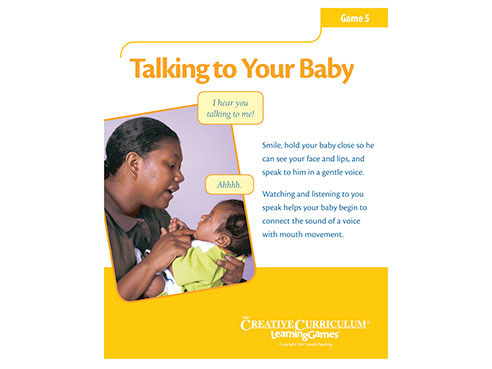 Click to enlargeMore than 200 million children age 5 and under do not reach their developmental potential due to poverty, malnutrition, poor health and un-stimulating home environments, according to Fred Biasini, Ph.D., associate professor in the University of Alabama at Birmingham Department of Psychology. The majority of these children live in South Asia or sub-Saharan Africa.
Click to enlargeMore than 200 million children age 5 and under do not reach their developmental potential due to poverty, malnutrition, poor health and un-stimulating home environments, according to Fred Biasini, Ph.D., associate professor in the University of Alabama at Birmingham Department of Psychology. The majority of these children live in South Asia or sub-Saharan Africa.
Biasini and Wally Carlo, M.D., division director of UAB Neonatology, are co-authors of a multicountry study that shows home-based interventions that teach parents to engage children in interactive, developmentally appropriate learning activities during the first three years help erase this gap. Biasini led the team of developmental assessors, while Carlo was the principal investigator.
The study, “Home-Based Early Intervention and the Influence of Family Resources on Cognitive Development,” will be published in the April edition of the journal Pediatrics.
“Children from low-resource families often have lower cognitive development than those from wealthier homes,” said Carlo, a professor in the UAB Department of Pediatrics. “Many children throughout the world, including those who are socially disadvantaged in higher-income countries, can improve cognitive outcomes with early developmental intervention.”
The National Institutes of Health-funded study included 293 children in India, Pakistan and Zambia whose families received biweekly home visits by parent trainers from 1 month of age until age 3.
The parent trainers were trained home visitors with diverse backgrounds such as education, nursing, public health and physiotherapy. The parent trainers modeled activities from the Partners for Learning curriculum, which is focused on cognitive, self-help, language and motor skills.
During each home visit, the trainer presented one or two learning activities that targeted a developmentally appropriate skill. The parent practiced the activity in the presence of the trainer, who provided feedback. Cards depicting the activities were then left with the parent, who was encouraged to apply the activities in daily life with the child until the next home visit. The trainer introduced new activities in subsequent visits to enhance the child’s developmental competencies.
At 12 months of age, children from low-resource families had lower mental development than children from high-resource families based on formal developmental assessments. However, children from low-resource families who were exposed to the home-based intervention experienced significantly greater improvement in mental development assessments by 36 months of age than those not receiving the intervention.
In addition, the 36-month mental development scores of children in low-resource families receiving the intervention did not differ from those of children from high-resource families, while those of children from low-resource families who did not receive the intervention remained significantly lower.
“Early developmental intervention appears to be beneficial in low- and middle-resource countries,” Carlo said. “This study suggests that a home-based program of early developmental intervention conducted by parents overseen by parent trainers should be one of the approaches used to improve early development in low- and middle-income countries.”